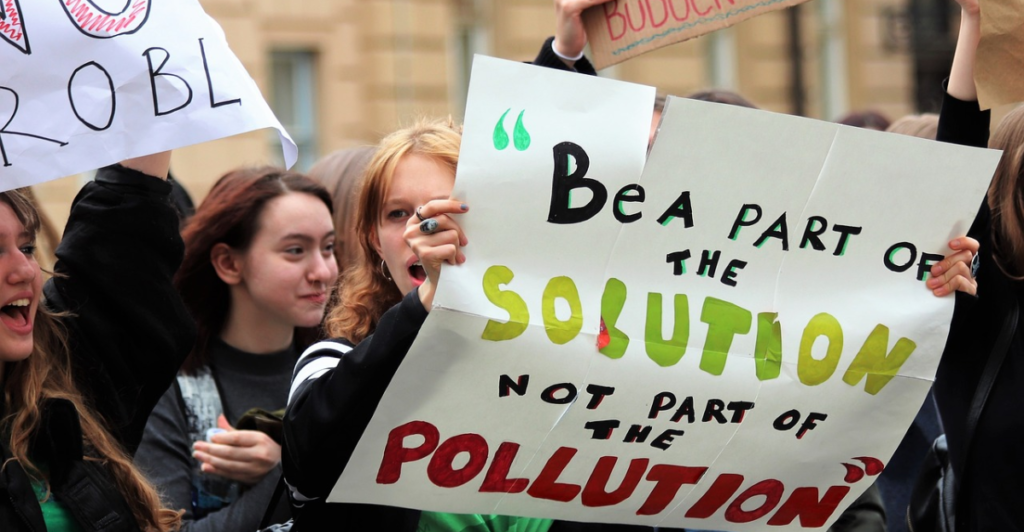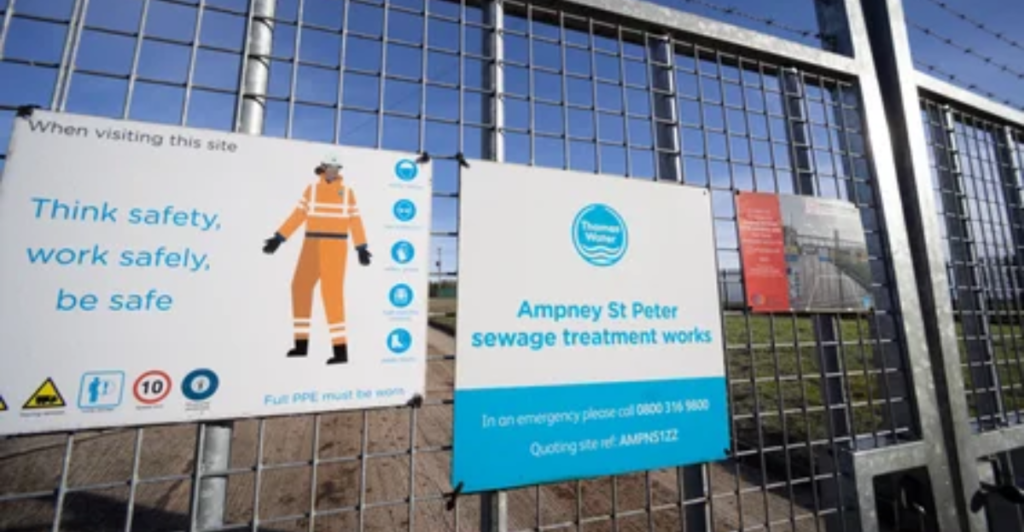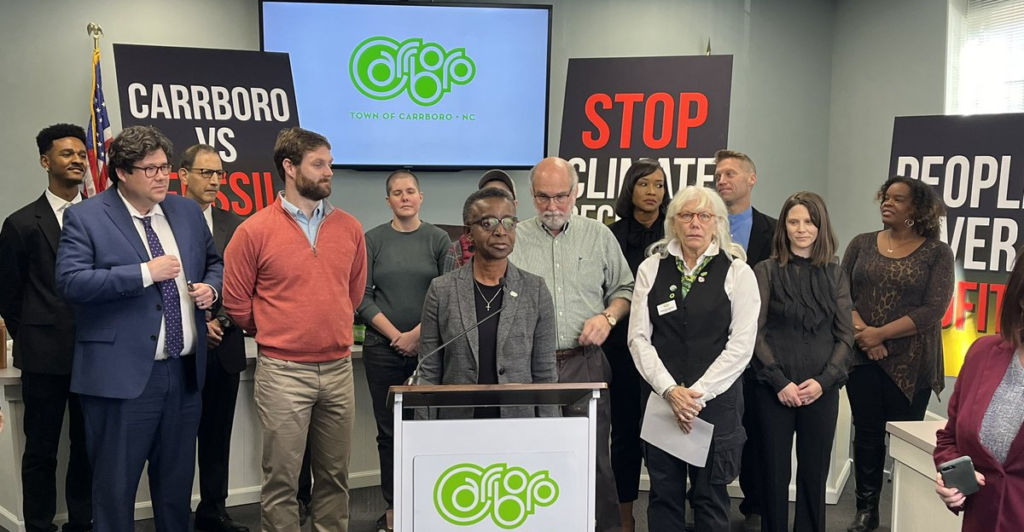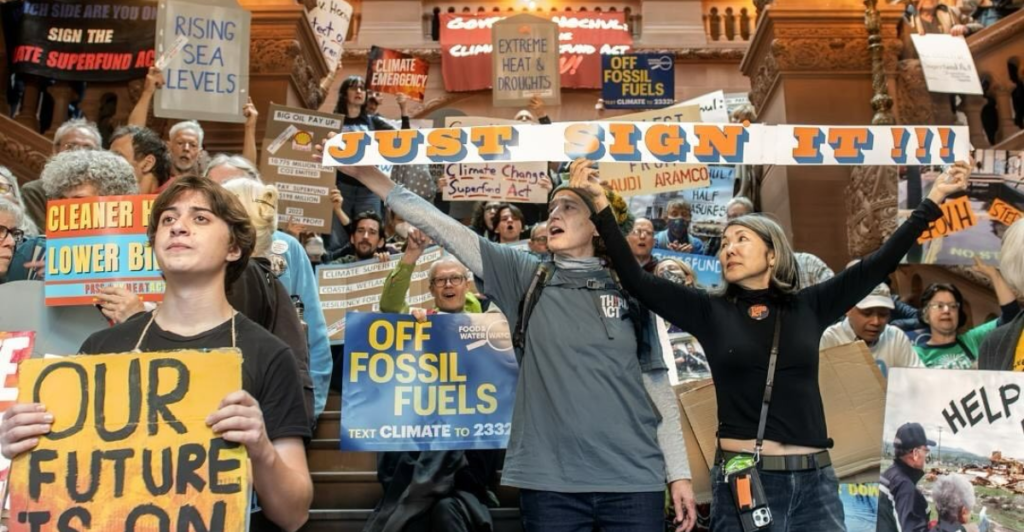
In recent years, mounting evidence has revealed that major oil and gas companies have been employing sophisticated strategies to shape public perception of climate change. Beyond outright denial, these corporations have shifted towards more nuanced tactics, including the manipulation of public guilt to divert attention from their own environmental impacts. This article delves into the latest research uncovering how Big Energy weaponizes guilt, effectively shifting the burden of climate responsibility onto individuals and away from corporate practices.
The Companies Involved

A comprehensive study by Harvard researchers highlighted that oil companies have transitioned from blatant climate change denial to more subtle forms of propaganda. These tactics are designed to mislead the public about the companies’ contributions to climate change, often by emphasizing individual responsibility over systemic issues.
The Evolution of Climate Communication Strategies

Historically, major energy corporations engaged in direct denial of climate science. However, as scientific consensus became undeniable, these companies adapted their strategies. A 2021 study revealed that ExxonMobil, for instance, had accurately predicted global warming decades ago, yet publicly cast doubt on climate science to delay action.
The Defense And Denial

In recent years, the approach has evolved. Instead of outright denial, companies now employ tactics that subtly shift the focus onto individual behaviors. By promoting the idea that personal choices are the primary drivers of climate change, these corporations divert attention from their significant role in greenhouse gas emissions.
The Mechanics of Guilt Manipulation

One prevalent method involves public relations campaigns that highlight everyday actions, such as reducing household energy use or recycling, as pivotal solutions to climate change. While these actions are beneficial, emphasizing them disproportionately can lead the public to believe that individual choices are solely responsible for environmental degradation. This strategy effectively minimizes the perceived impact of industrial activities. By inundating the public with messages about personal responsibility, energy companies create a narrative where the onus of combating climate change falls on individuals, thereby deflecting scrutiny from corporate practices.
The Role of Greenwashing in Shaping Perceptions

Greenwashing, the practice of conveying a false impression of environmental responsibility, plays a crucial role in this guilt-shifting strategy. A recent study found that water companies in England employed greenwashing tactics to downplay environmental harm, using euphemistic language and misrepresenting information to mislead the public. Similarly, major oil companies have been accused of investing in marketing campaigns that highlight minimal or symbolic environmental initiatives, while continuing to engage in environmentally harmful practices. This creates a facade of corporate responsibility, further shifting the focus onto individual actions.
The Impact of Corporate Lobbying on Climate Policy

Beyond public relations, these corporations invest heavily in lobbying efforts to influence climate policy. Data indicates that the world’s five largest publicly owned oil and gas companies spend approximately $200 million annually on lobbying to control, delay, or block binding climate-motivated policy. These lobbying efforts often aim to promote policies that emphasize individual responsibility and voluntary actions over systemic regulatory changes. By shaping policy in this manner, corporations ensure that the burden of addressing climate change remains on individuals, allowing them to continue their operations with minimal disruption.
The Psychological Effects of Guilt on Public Action

Research has shown that inducing feelings of guilt can influence public support for climate policies. A study found that recalling feelings of guilt was a strong predictor of support for climate policies that punish industry, but not individuals. This suggests that while guilt can motivate support for systemic change, when misdirected, it can lead individuals to focus solely on personal actions. Energy companies exploit this by promoting narratives that induce guilt about individual behaviors, thereby reducing pressure for broader policy changes that would impact corporate operations.
The Need for Systemic Change

While individual actions are important, experts argue that systemic change is crucial to effectively address climate change. This includes implementing policies that regulate corporate emissions, investing in renewable energy infrastructure, and holding companies accountable for environmental harm. By focusing solely on individual responsibility, the significant impact of industrial activities is overshadowed. Comprehensive climate action requires a balanced approach that addresses both personal behaviors and corporate practices.
Public Awareness and Advocacy Efforts

In response to these corporate strategies, environmental groups and activists are working to raise public awareness about the disproportionate focus on individual responsibility. Campaigns aim to educate the public on the significant role that major energy companies play in contributing to climate change and the importance of systemic solutions. By highlighting the need for corporate accountability, these advocacy efforts seek to shift the narrative from individual guilt to collective action. This includes pushing for policies that hold corporations responsible for their environmental impact and promoting transparency in corporate practices.
Legal Actions Against Corporate Misinformation

Legal avenues are also being pursued to hold energy companies accountable for misleading the public. For instance, the town of Carrboro in North Carolina filed a lawsuit against Duke Energy, alleging that the company deceived the public about the climate dangers of fossil fuels. Such legal actions aim to expose the tactics used by corporations to downplay their role in climate change and to seek compensation for the environmental damages caused by their misinformation campaigns.
The Path Forward: Balancing Responsibility

Addressing climate change effectively requires a balanced approach that acknowledges both individual and corporate responsibilities. While personal actions are essential, they must be complemented by systemic changes that hold corporations accountable for their environmental impact. Public awareness of corporate strategies to shift guilt is crucial in developing effective climate policies. By understanding these tactics, society can work towards solutions that address the root causes of climate change, ensuring that both individuals and corporations contribute to a sustainable future.
What Can We Do Alone?

While individual actions play a role in combating climate change, it is imperative that Public awareness of corporate strategies to shift guilt is crucial in developing effective climate policies. By understanding these tactics, society can work toward solutions that address the root causes of climate change, ensuring that both individuals and corporations contribute to a sustainable future. Ultimately, achieving climate goals requires dismantling misleading narratives and focusing on collective accountability for the planet we share.
Discover more of our trending stories and follow us to keep them appearing in your feed

California Is Breaking Apart: A Fault Line Is Forming Faster Than Anyone Predicted
Philanthropist Promises To Cover $771.23M Annually After US Exit From Climate Accords
Bobcats Are Making a Comeback—And They Might Be Protecting Us From Disease
The War on Cows Is Over—And Green Extremists Have Lost
References:
Reference 1
Reference 2
This article first appeared here







